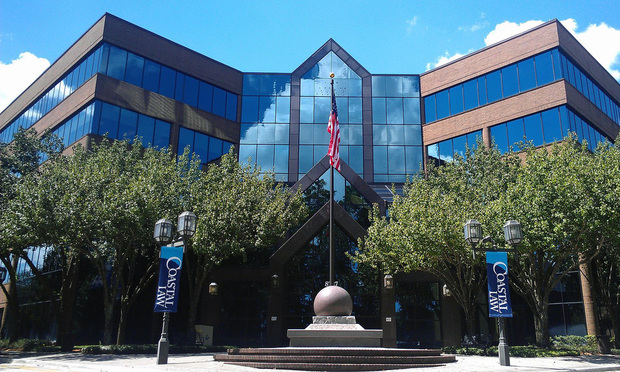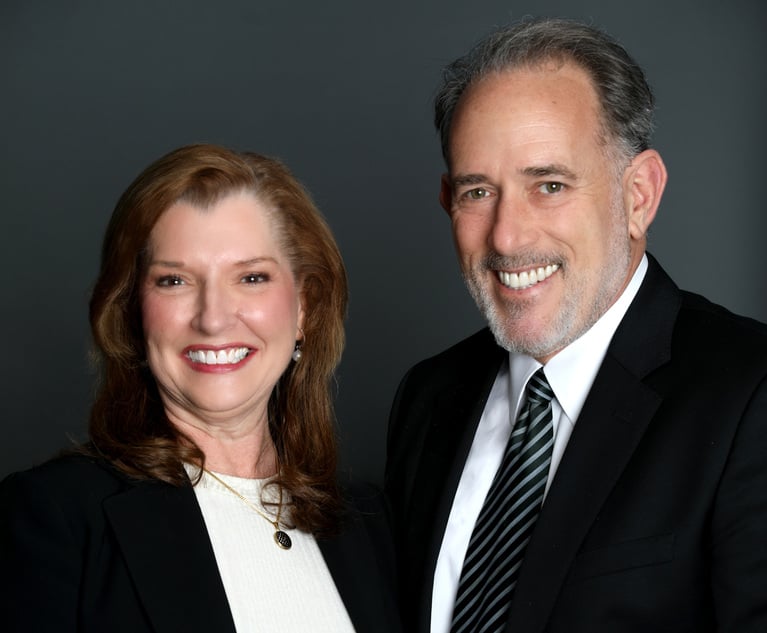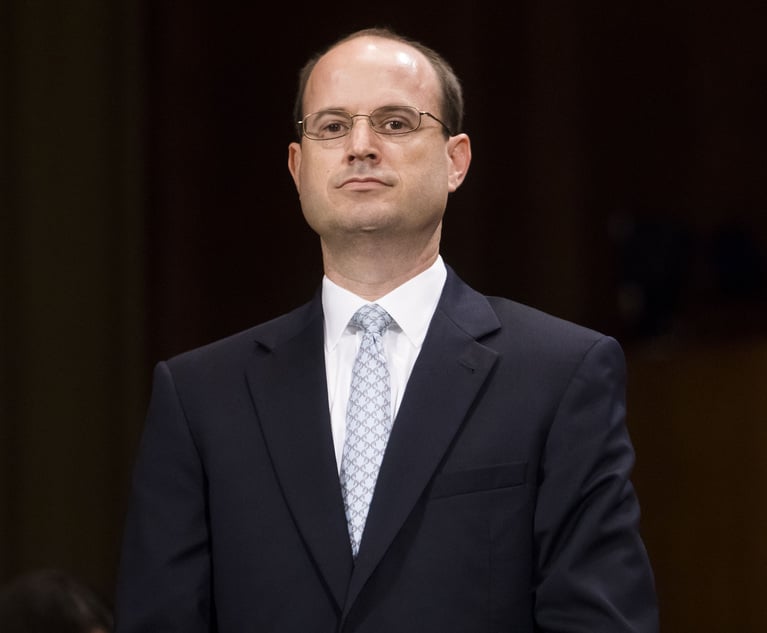The flood of accreditation lawsuits filed against the American Bar Association by law schools in 2017 and 2018 has all but evaporated, with just one of the four litigations still pending.
Florida Coastal School of Law and the ABA’s legal education arm on Tuesday filed notice in federal court that they are jointly dismissing the suit the Jacksonville school brought last May, which alleged that the ABA’s law school accreditation standards are unlawfully vague and applied unevenly across campuses. The ABA had found the school out of compliance with its admissions standards.


 Florida Coastal School of Law. Courtesy photo
Florida Coastal School of Law. Courtesy photo





